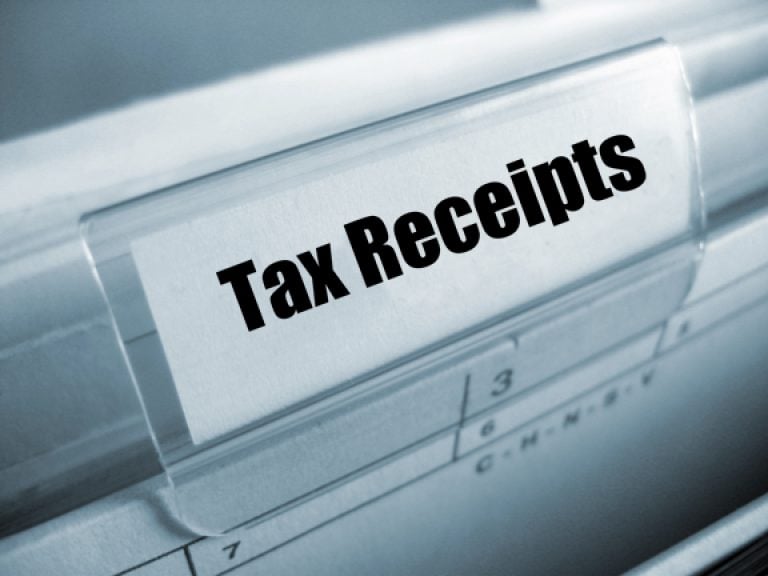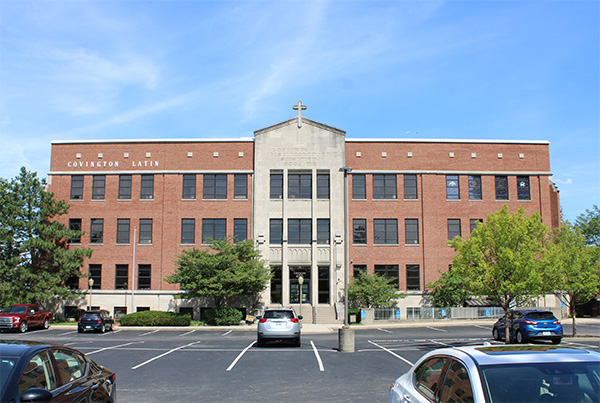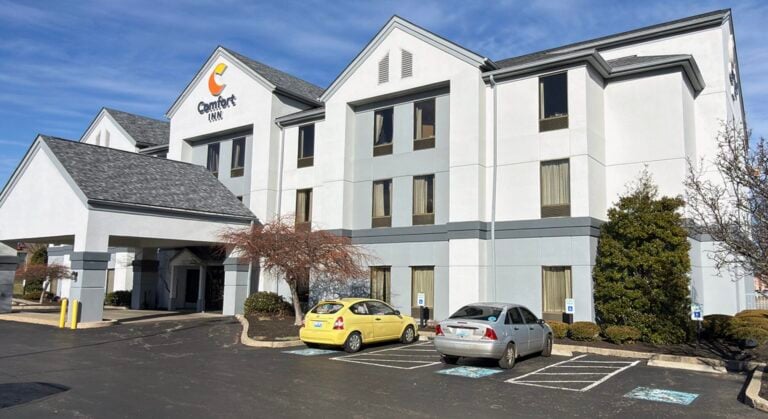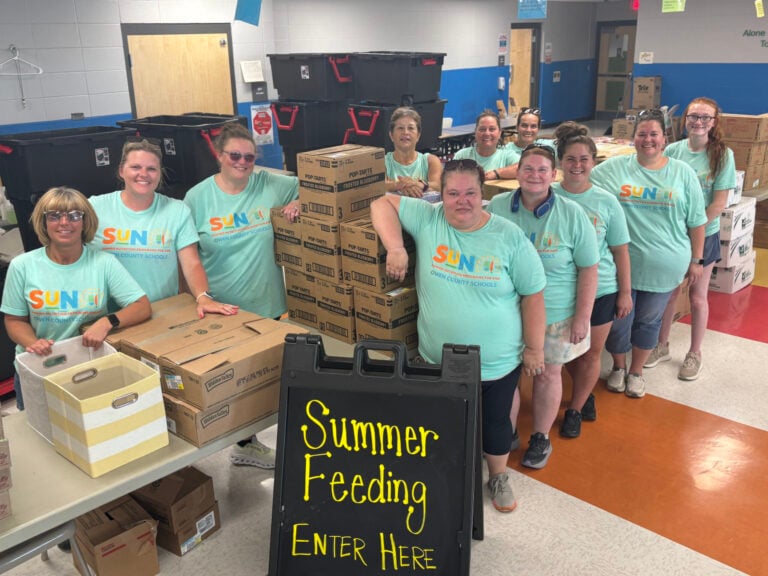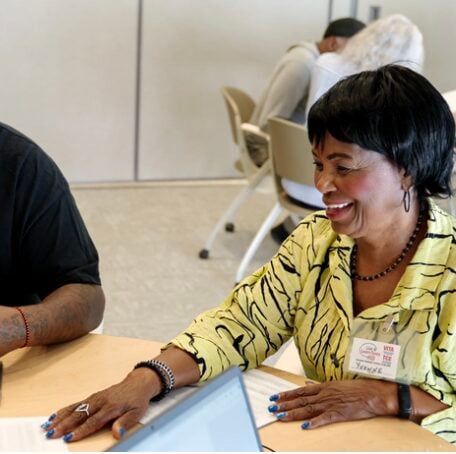One in four – that is the number of households that will be affected this year by a marketplace scam says a new study from BBB. The estimated loss to individuals and families is $50 billion and approximately 17% of the combined populations of the United States and Canada will become victims. There is an assumed stereotype that the elderly are the most vulnerable to scammers – an assumption that was recently disproved by a study conducted by BBB’s Institute of Marketplace Trust.
The survey results of over 2,000 adults in the U.S. and Canada found that senior citizens are more likely to identify a scam before it occurs but are less likely to report it if they lost money. In fact, researchers found the age of those who do tend to fall for scams is statistically younger. The young, the middle-aged, and the well-educated are becoming the most targeted by scam artists. Individuals between the ages of 18 to 24 years old are three times more likely than those between ages 65 and 75 to fall for a scam and lose money.
One reason the younger generation has a harder time recognizing a scam is because scammers take advantage of technology. They’ll hide behind a phishing email, a blocked phone number, or a number of false electronic sources making it difficult for the user to identify the scheme and for law enforcement to find the source. By hiding behind obscured contact methods and creating a sense of anonymity, scam artists can convey an authoritative persona and lure victims into sending money or relaying personal information.

Another reason the younger generation has trouble recognizing scams is because many losses go undocumented. The elderly – while savvy enough to spot the scams they encounter – are less likely to report the loss of money through those scams. The younger age group is more likely to report their monetary loss in hopes of recovering it and will use the situation to warn others to keep it from happening to someone else.
Although the study findings revealed that all segments of society are at risk regardless of age, gender, or level of education, there is a widely held opinion from all groups that they wouldn’t be lured into a con, but they’ll insist that it could happen to people like them. BBB’s study found that nearly 80% of respondents said if they had general knowledge of the types of scams and common behaviors of scammers prior to being targeted, they would share that information.
Despite the number of schemes, there are still people working to combat the bad by helping others stay away from scams through the use of BBB’s Scam Tracker; BBB refers to these people as citizen heroes.
Citizen heroes share their experience with a scam artist with the general public – shedding the shame and stigma attached to victimization. These people discard the notion that they are invulnerable and instead embrace the message “if it can happen to people like me, it can happen to me.”
Not only does sharing the information help others, but it also helps BBB and law enforcement know what types of scams are trending in the area. BBB hopes that by providing the preemptive information given by those affected, we can help people and businesses avoid schemes that cost them their money or their privacy.
BBB’s Scam Tracker is one way that people can stay connected to the latest news and trends in scam activity. Local law enforcement, government entities, community programs, and media outlets can also use the Scam Tracker as well. The interactive tools on Scam Tracker provide a snapshot of what’s occurring or have occurred in any chosen community during any given time frame. BBB strongly encourages everyone to utilize this tool and for more people to step forward and earn the title of citizen hero.
Visit bbb.org/scamtracker to report an illegal scheme or fraud.
Sandra Guile is the Community Outreach Specialist for BBB. She promotes BBB’s message of marketplace ethics through public speaking engagements, presentations, media relations, press releases, web content, and other written materials. Contact Sandra at (513) 639-9126 or sguile@cincinnati.bbb.org. Your BBB is located at 1 East 4th Street Suite 600 Cincinnati, Ohio 45202 – to reach the office, call (513) 421-3015.







